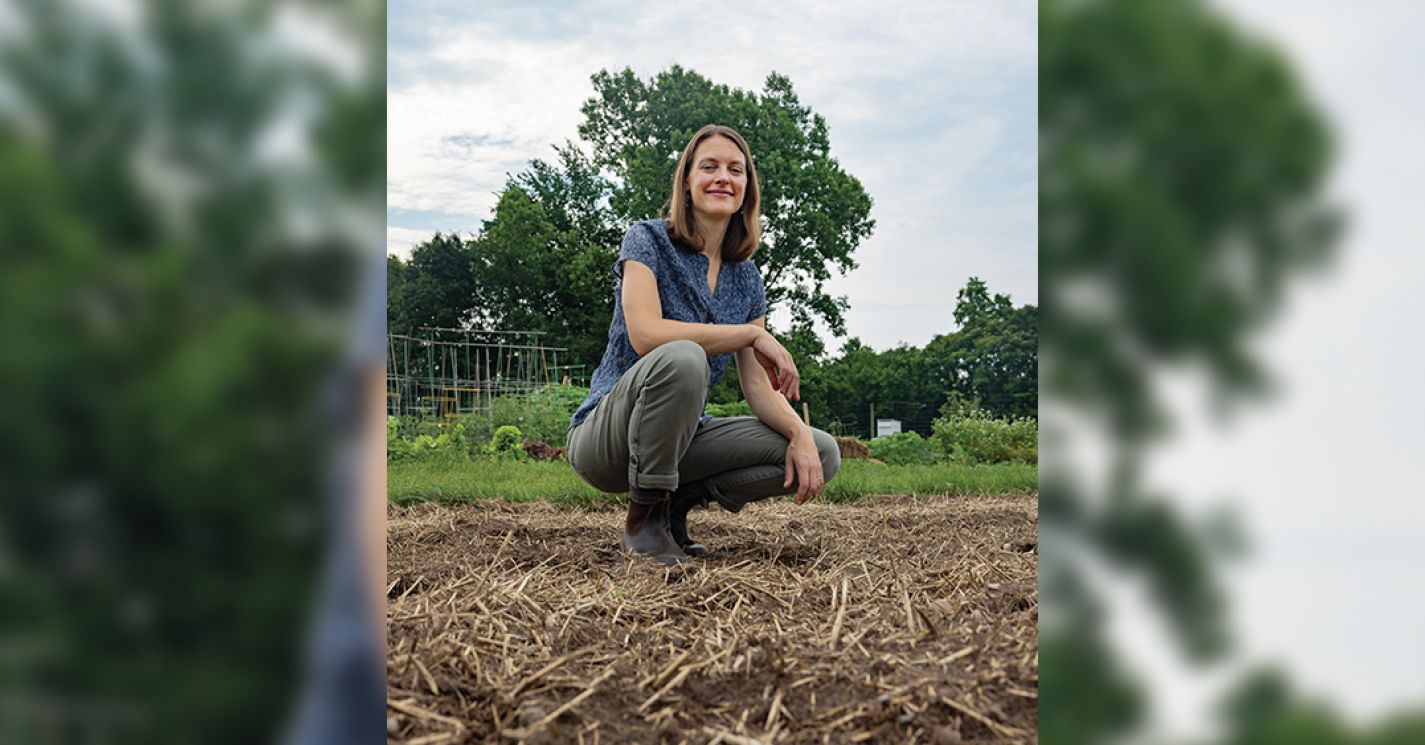New research shows that letting cattle graze in the Maasai Mara National Reserve in Kenya had almost no discernible positive or negative effect on the ecological well-being of the reserve. According to Bilal Butt, SEAS associate professor, this provides important context for land that welcomes tourists while excluding Indigenous farmers, sometimes violently. The study was conducted by Butt and Wenjing Xu, a postdoctoral researcher at SEAS, and focused on measuring and quantifying the impact of the Maasai’s cattle grazing practices. Butt hopes the study findings will help reshape how people think about who gets to use land and for what purposes.
Nearly half of food waste, about 620 million metric tons, could be eliminated by fully refrigerated food supply chains worldwide. At the same time, “cold chains” could cut food waste-related emissions of climate-warming greenhouse gases by 41% globally. The study’s lead author is Aaron Friedman-Heiman (MS/MBA ’24) and the co-author is SEAS Professor Shelie Miller.
SEAS Associate Professor Meha Jain was awarded the Early Career Award in Global Environmental Change from the American Geophysical Union, the largest Earth and space science association in the world. The award recognizes outstanding contributions in research, educational or societal impacts in the field by honorees within 10 years of receiving their PhD or highest terminal degree. Jain’s research examines the impacts of environmental change on agricultural production, and strategies that farmers may adopt to reduce negative impacts.
As the human population grows, it’s expected that more than half of Earth’s land will experience an increasing overlap between humans and animals by 2070, which could lead to increased conflict between people and animals. Understanding where overlaps could occur will be crucial for urban planners, conservationists and countries that have pledged conservation commitments. Deqiang Ma, a postdoctoral research fellow at SEAS’ Institute for Global Change Biology, is the study’s lead author, while SEAS Associate Professor Neil Carter is the principal investigator and SEAS Assistant Professor Brian Weeks is a co-author.
SEAS Dean Jonathan Overpeck was elected to the National Academy of Sciences (NAS) in recognition of his distinguished and continuing achievements in original research. He joins five other NAS members at SEAS: Arun Agrawal, Rosina Bierbaum, Maria Carmen Lemos, Ivette Perfecto and Peter Reich, an unusually high number of NAS members for a school the size of SEAS.
As our planet warms, many species are shifting to different locations as their historical habitats become inhospitable. Trees are no exception, but their shift to new areas has been lagging behind those of other plants and animals. Now, scientists show that the reason for this lag might be found below ground. A recent study shows that trees, especially those in the far north, may be relocating to soils that don’t have the fungal life to support them. Kai Zhu, an associate professor at SEAS’ Institute for Global Change Biology, is the study’s co-author.





